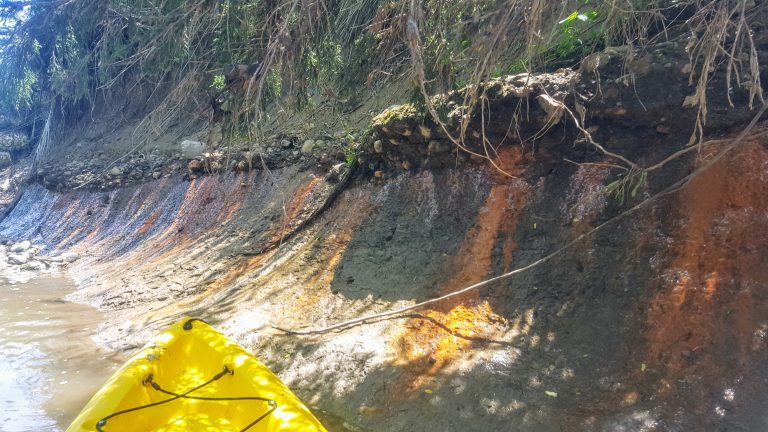CHICAGO – Environmental advocacy group Earthjustice held an oral hearing before the U.S. Court of Appeals for the Seventh Circuit last week to argue against a lower court’s finding that the Clean Water Act does not apply to pollution from groundwater.
It’s part of a larger lawsuit aimed at fighting coal ash pollution in the Middle Fork Vermilion River, Illinois’ only National Scenic River, which has experienced toxic coal ash leaks from the shuttered Vistra/Dynegy Power Plant.
Earthjustice staff attorney Jennifer Cassel says the latest argument is yet another step in a long-standing battle to fight coal ash pollution in the state, which has been lingering in waterways for decades.
“We need to be ensuring that Illinois and everywhere else has the resources we need to make sure everybody has clean health, and clean water is absolutely fundamental,” Cassel says. “The decisions we’re making today in terms of how we take care of our waterways will have implications for generations down the line given the lifespan of these pollutants.”
Coal ash pollution stems from waste left over from coal-fired power plants and contains contaminants like arsenic, mercury, cadmium that can pollute drinking water if not cleaned up, according to the U.S. Environmental Protection Agency (EPA).
In Illinois, dozens of coal ash ponds remain unaddressed as the state has not had stringent regulations to clean up sites up to this point.
In April of this year, the Supreme Court ruled that the Clean Water Act does apply to groundwater contamination, but only if that discharge meets certain requirements.
Those include “functional equivalent” factors that define whether discharge from groundwater is essentially equivalent to direct discharge from the point-source itself. For example, under the law, Clean Water Act permitting would apply if a pipe releasing pollution ends a few feet from water, but it wouldn’t necessarily apply if a pipe ends 50 miles away from water but leaks pollution into it through groundwater.
Cassel says the goal of the lawsuit is to define how that Clean Water Act ruling and functional equivalent factors will apply to and protect Illinois rivers and lakes. She argues that even indirect discharge from groundwater can have lasting implications.
“The metals that get into the water, they don’t go away, they don’t dissipate,” Cassel says. “Fortunately we’re working on all fronts, I would say between the rule-making and the lawsuits to try to get at this pollution and find a permanent solution.”
The Illinois Environmental Protection Agency and Pollution Control Board are also currently in the process of developing rules that would specify how sites are cleaned up under the Coal Ash Pollution Prevention Act passed last year.

